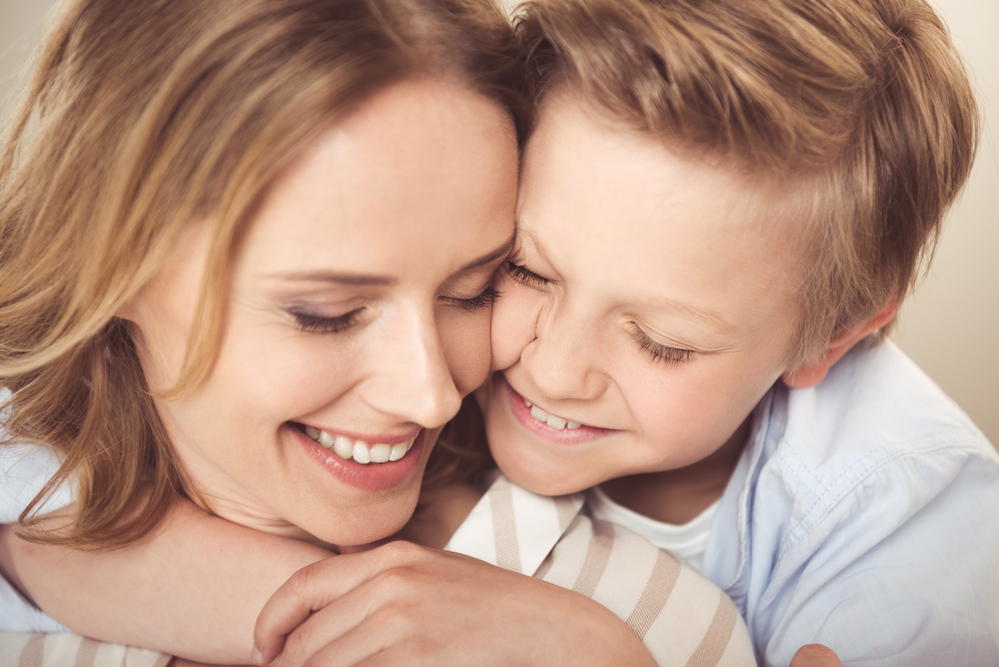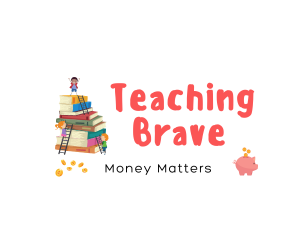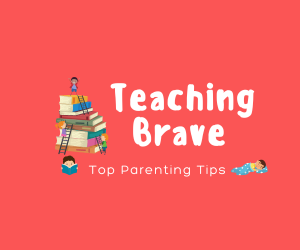Yes, children need guidance, they need their parents to be positive role models and they need to learn to show respect, but there’s also other important things they need to learn – their parents are human, their parents are also learning and as kids, their feelings matter!
So, why would I need to apologise to my kids?
As parents we are all human. We make mistakes and many of us are just winging it as we go along! Have you ever yelled at your child in a moment of stress, or disbelieved them when they were actually telling the truth, or said something hurtful you didn’t mean?
Here’s 3 scenarios:
Breaking trust
Your teenager tells you something in confidence. Something personal they have asked you not to share. They then overhear you telling the details of what they have shared, to a friend. They feel embarrassed, hurt or betrayed.
Trust is a two way street and it’s important that your kids feel like they can come to you to tell you things that are personal, share any worries or anxiety they may have, or tell you things they are experiencing physically, emotionally or socially, without fear of that information going further.
Apologise to your child? In my opinion, yes. What do you think?
Stress
You’re stressed, you’re tired, you’re hungry and you’re overworked as a single mum. You come home with your 6 year old child after a 10 hour work shift and dinner hasn’t been planned or even thought about. Your child asks you, “What’s for dinner, mum?” You’re feeling stressed and overwhelmed at the fact that there is no food in the fridge, you haven’t planned dinner and your child now asks you for a second time. So you yell. You yell loudly at your child, telling them that you have no idea and not to ask you. Your child gets startled at your outburst, is also tired and hungry, and now starts to cry.
Apologise to your child? In my opinion, yes. What do you think?
Frustration
Your 8 year old son has always shown a keen interest in your tools in the garage. One day, you really need your screwdriver to repair something and you can’t find it. It’s not in its usual place. You ask your son where the tool is and he says he doesn’t know and didn’t touch it. You keep looking but cannot find the tool. You become convinced your son is hiding the truth and did in fact take the tool and lose it, not owning up for fear of getting in trouble. You accuse your son of lying, while getting angry and frustrated at him. Your son gets upset and continues to deny touching or taking the tool. 5 minutes later you find the tool, hidden under some papers in the shed, that you had placed on top of a few tools. You realise your son was telling the truth the entire time.
Apologise to your child? In my opinion, yes. What do you think?
So how do I apologise to my child?
Depending on the situation, it’s important to have a one on one conversation with your child without distraction. Here are some pointers:
- Clearly address the action that was wrong – describe what it is you did that you feel you need to apologise for (“I yelled at you and that was wrong”)
- Validate your child’s feelings surrounding the incident and show understanding (“You felt betrayed when I told Jenny about your personal problem, and I understand why”)
- Explain why you behaved in that way or why you feel you made that choice (“I felt stressed because of a few reasons and my body’s reaction was to yell, but this was not your fault”)
- Describe what a better alternative action or behaviour could have been (“Instead of yelling at you, I should have taken a big deep breath and answered you honestly and calmly”)
- Say sorry. Don’t follow this with a ‘but’ as it will invalidate the apology. Simply apologise with sincerity. You can also ask for forgiveness.
- Discuss with your child what you can both learn from the experience. Use this opportunity to remind your child that as an adult, you are still learning too. You are learning how to be a good parent and part of that is owning your feelings, owning your behaviour, acknowledging when mistakes are made and learning from your mistakes.
Final Thoughts
Sometimes you may feel like it is difficult to apologise to your kids, but remember they are constantly observing you and learning from you.
Part of role modelling positive behaviour to our kids, and teaching them the difference between right and wrong, is helping them to understand that all humans, even adults make mistakes and that mistakes are ok, as long as we learn from them. If you are apologising to your child, they are learning that the right thing to do is own their behaviour, acknowledge that they will make mistakes and learn how to apologise when they do make mistakes.
Apologising to your kids may even make that parent/child bond stronger. It will help to improve communication, teach them important life lessons, fill their bucket and improve their feelings of self worth as you show them their feelings and the way they are treated, matters.
Elizabeth Michelle is an Early Childhood Teacher and Director with more than 20 years experience in the field, she’s a single mum and the person behind the blog teachingbrave.com where she has more than 70 published articles with parenting tips, early childhood related articles, single parenting and her money journey.









